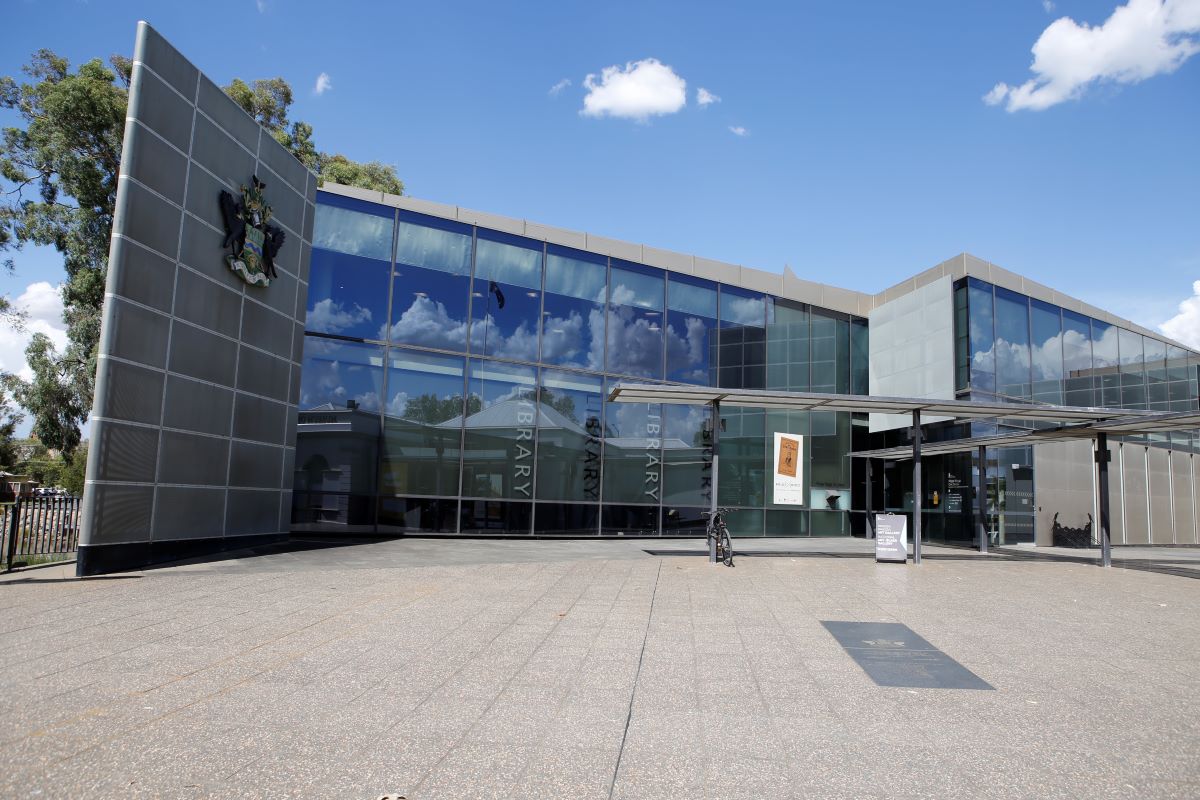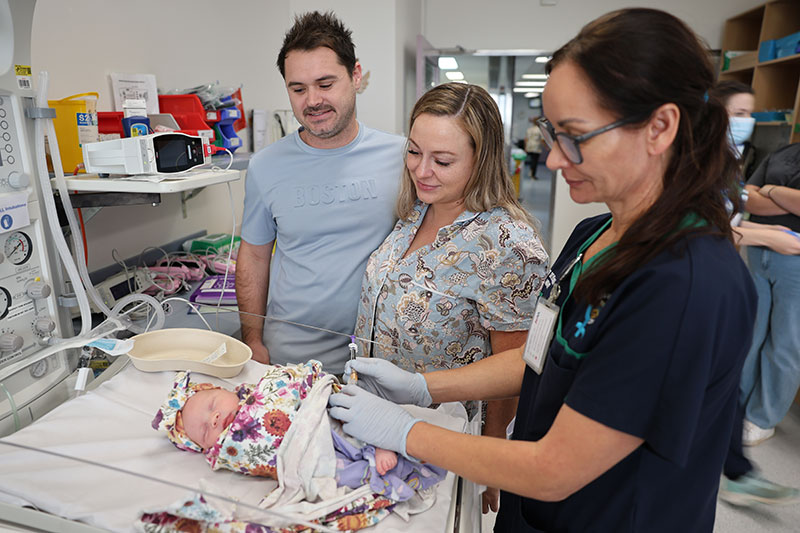The 15th of August marks one year since the Taliban took control over the Afghan government. This came swiftly on the heels of the withdrawal of international forces and capital.
The worst-case scenario, flagged this time last year, has very quickly come to fruition.
Hunger and poverty are at unimaginable levels, and the fear of violence is pervasive.
With fewer media outlets, foreign embassies and humanitarian workers in the country, there are fewer eyes on the situation. However, the need for help is enormous – and growing.
Afghans are suffering deeply. Food prices have skyrocketed at the same time as jobs and incomes have evaporated.
Acute malnutrition is now entrenched across the country with more than half the Afghan people in need of humanitarian assistance.
A staggering 97 per cent of the population has fallen into poverty. It is a figure unmatched anywhere else on the globe.
Now, Afghans are being forced to make unimaginable decisions, such as selling one child to feed another.
Children are being hit particularly hard, with an alarming 33% increase in the number of children in need since September 2021. Tens of thousands are being admitted to hospital, suffering the effects of acute malnutrition, while many in remote areas are unable to access medical help and are starving to death.
The shock withdrawal of international funding, which formed 75% of Afghanistan’s economy under the previous government, has resulted in skyrocketing inflation, record levels of unemployment and a liquidity crisis in the country.
The rights of women and girls have fallen away, with women unable to work and girls barred from attending high school. This is resulting in early and forced marriages, which have appeared to have surged under Taliban rule.
Australia has a role to play.
“Australia has a moral obligation to be part of the solution and support the people of Afghanistan”, said Natasha Chabbra, humanitarian and policy advisor with the Australian Council for International Development.
A report prepared by the Senate Foreign Affairs, Defence and Trade References Committee Inquiry into Australia’s engagement in Afghanistan was released on April 5. However, the Government is yet to respond to its recommendations.
The report includes the following recommendations:
- The Australian Government provide ongoing, targeted multi-year humanitarian funding which may increase in response to the scale of increased need and that it should utilise the most effective channels for aid funding and distribution, which may include United Nations, World Food Programme and non-government organisation (NGO) channels.
- The Australian Government continue to liaise with its key allies and United Nations contacts and work together to develop solutions to the ongoing liquidity crisis.
- The Department of Home Affairs urgently improve its processes and communication in relation to Afghan visa applicants.
- The Australian Government enhances comprehensive settlement planning for the ongoing intake of Afghan refugees, in conjunction with the settlement services sector, relevant community groups, and state, territory and local governments.
The aid sector in Australia calls on the Australian government to act in-concert with like-minded states and development partners, to urgently work towards an enduring solution.
“It’s easy to see huge numbers of affected people and not be able to connect,” said Chabbra. “But we are talking about people with family, friends, dreams and aspirations for themselves and their country.
“We must show solidarity. We can do that by taking practical action that saves lives. The Committee’s unanswered report holds a host of recommendations for the Government to pick up. Bolder action is now long overdue.”
/Public Release. View in full here.








